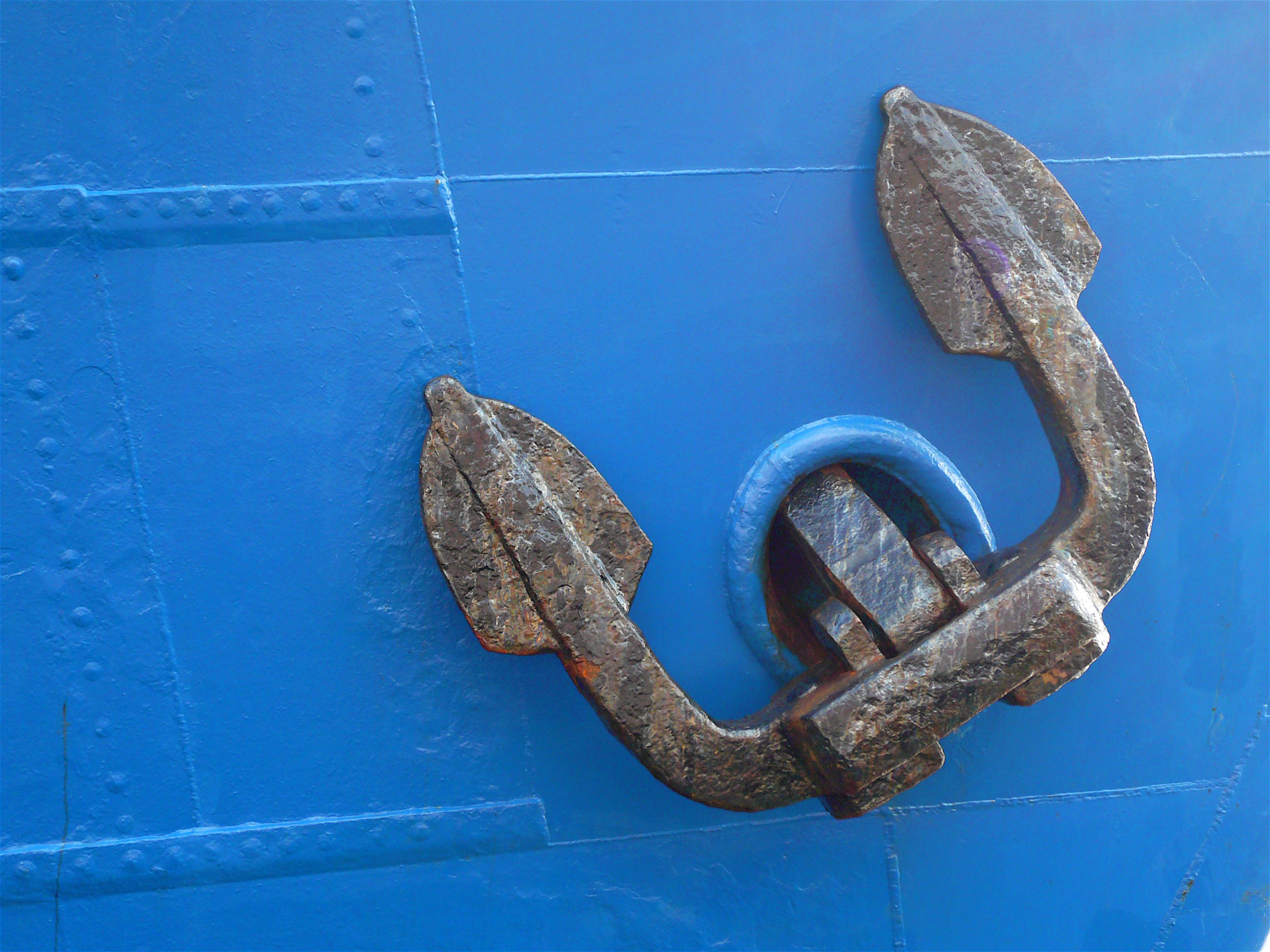Mission FPC

The safety of a boat or a ship depends on the quality of its anchor. This picture of an anchor is used in Scripture in speaking to believers. “We have this hope as an anchor for the soul, firm and secure.[1]” The author underlines this idea of inner security provided by our anchor, by using the words “firm and secure[2].” The readers of that letter certainly needed to hear that. They had “endured a hard struggle with sufferings”; they had been “publicly exposed to reproach and affliction”; they had “joyfully accepted the plundering of your property[3]”. They had certainly been shaken, rattled and destabilized, just as we can be, in the circumstances of life.
The text says that our anchor is hope. Hope is something we don’t yet see, something we might be able to glimpse from afar, but which will only be fully experienced in the future. So it’s a dynamic concept, not static[4]. In other words, keeping focused on what we are confidently expecting allows us to avoid drifting away with life’s difficulties. Is this really reassuring? Yes, because this hope isn’t based upon vague impressions or speculations, or even on the projection of our own feelings and desires. According to the biblical author, this hope is founded on two things, God’s promise and God’s oath to Abraham. These are “two unchangeable things, in which it is impossible for God to lie[5]”. Our hope is based upon the Word of God; our inner strength and our ability to persevere are built upon the conviction that God keeps His promise. He is worthy of our trust.
We can still raise the question of where exactly our anchor is attached. Our author specifies that this anchor “enters into the inner place behind the curtain, where Jesus has gone as a forerunner on our behalf, having become a high priest forever after the order of Melchizedek.[6]” We would expect that an anchor would be firmly fixed in the ground, in the rocks, or in some solid seabed. But no. This anchor is fixed in heaven. It’s obviously referring to the heavenly temple, behind the veil, the Holy of Holies, the very presence of God. Jesus exercised no ministry as a priest in the Jerusalem temple during His life on earth. He exercised that ministry on the cross, by his substitutionary and expiatory death, in the “heavenly temple.” God’s justice was wholly satisfied. Christ’s work on the cross is our fixed anchor point, our security par excellence. It is the full accomplishment of God’s promise. It is the guarantee that our hope is not a deceptive vanity. God truly does what He says. And one day we will be full participants in this heavenly temple, with Him who has entered there before us, and for us.
Our challenge? The same as for the Hebrews: “to hold fast to the hope set before us”; “to show the same earnestness to have the full assurance of hope until the end[7]” so that we might remain firmly anchored during our life here below.
[1] Hebrews 6:19a, NIV.
[2] Regular expressions for an anchor, see Acts 27:29-30, 40.
[4] In psychology, an “anchor” can refer to a cognitive bias which makes it difficult for one to set aside one’s first impression.
[5] Hebrews 6:13-18, ESV.
[6] Hebrews 6:19b-20, ESV.
[7] Hebrews 6:18, 11, ESV.
Mission FPC

Leave a Reply